Solar Energy
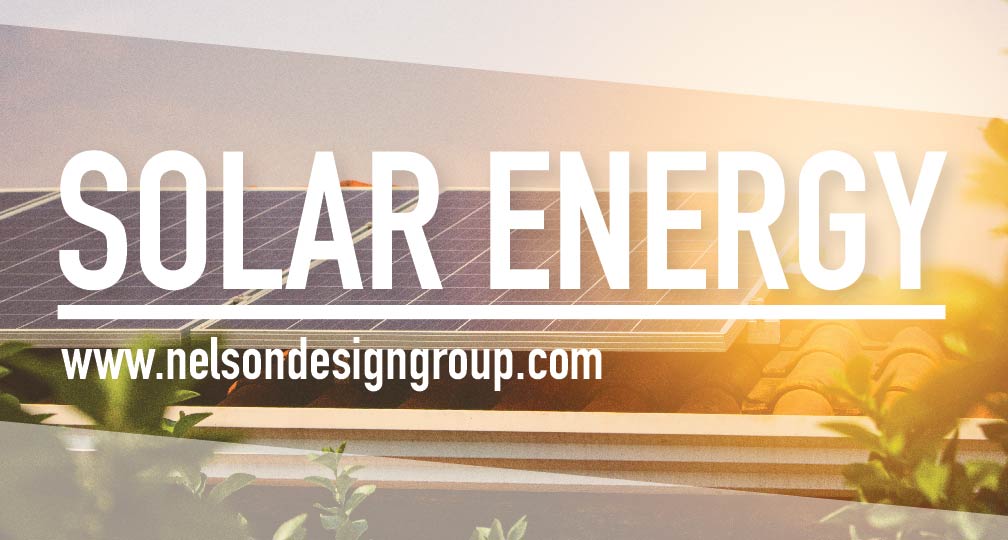
Solar Energy
Published at November 28 2025 by tyler.fry@nelsondesigngroup.com
SOLAR ENERGY
by Skylar Jensen, Staff Writer
If you’re anything like us, you’ve probably at least thought of what it would be like to go solar in your home. Powering your home with just the energy of the sun could cut much of the cost from your utility bill, and it’s environment friendly. But is it worth the hassle? And how do you get started? What’s the best way to set it all up? Let’s explore the world of solar power to help you answer these questions!
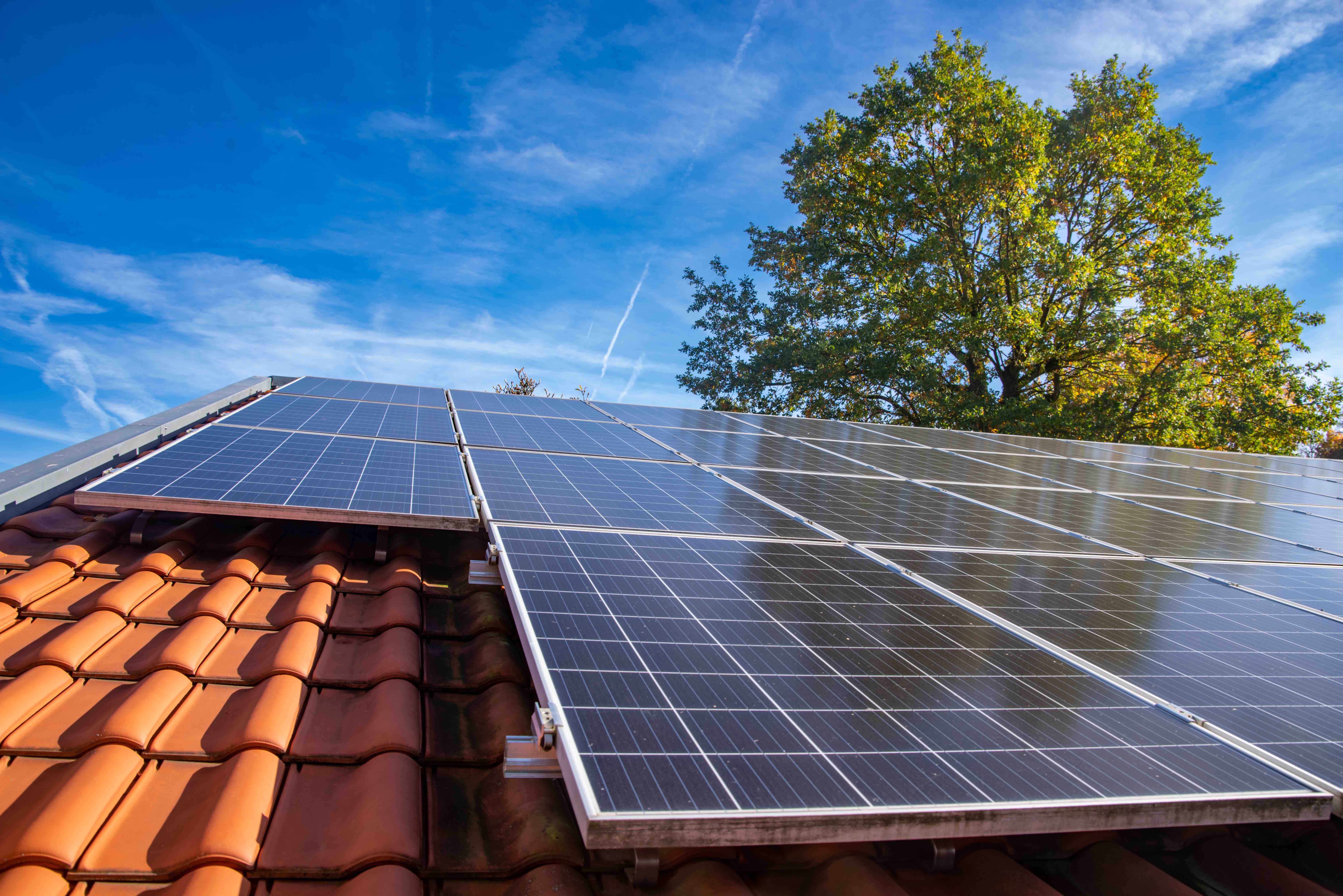
First off, how does solar power work? For residential use, solar energy is harnessed through photovoltaic (PV) technology. The solar systems that you see powering homes consist of solar modules, which in turn consist of solar cells, or PV cells. These cells, protected from the outside elements by glass and/or plastics, contain various semiconductor materials, which absorb the energy from the sun and transfer it to electrons. These electrons then flow through the semiconductors as electrical current, until it is pulled into tunnels surrounding the cells, called metal contacts, and then travels to an inverter. Here, the direct current is converted to an alternating current. Then, it flows into the home’s electrical grid, and voila! You have electricity!
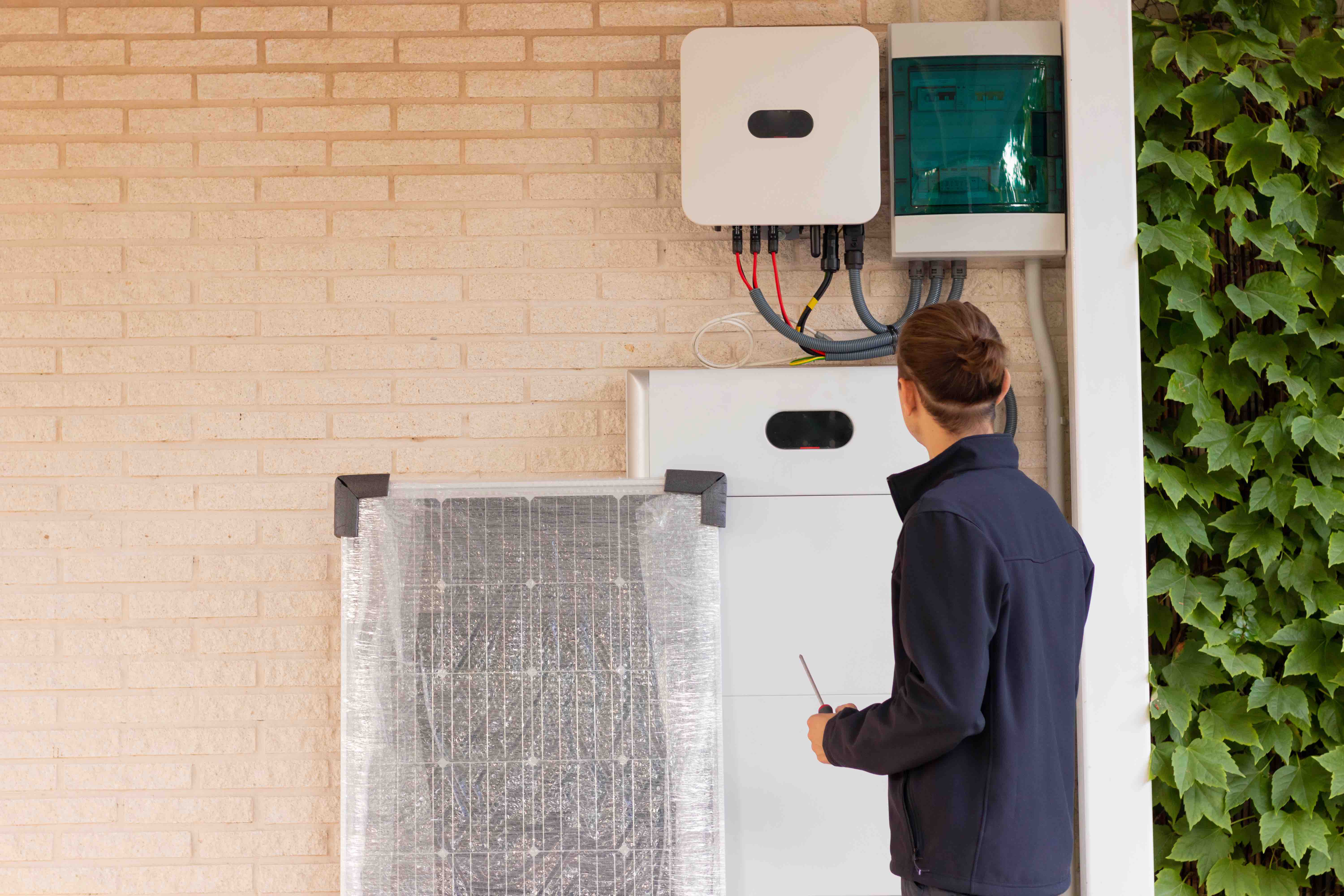
Now that you know how the sun would be providing electricity to your home, we can go ahead and dive into what you should know before you get started. First, if you want to put solar panels on your roof, you need to make sure it will accommodate them and provide the energy you need. The roofs that are sure to accomplish this are those that face the south and have a slope between fifteen and forty degrees, but these qualities can be flexible. If your roof turns out not to be suitable for solar panels, however, there are still more options for you. You can either invest in community solar, which is a solar system shared among individuals in the area, or, if you have enough land, you can implement a ground-mounted solar energy system. Ground-mounted solar panels allow for a larger system, which generates even more energy for your home.
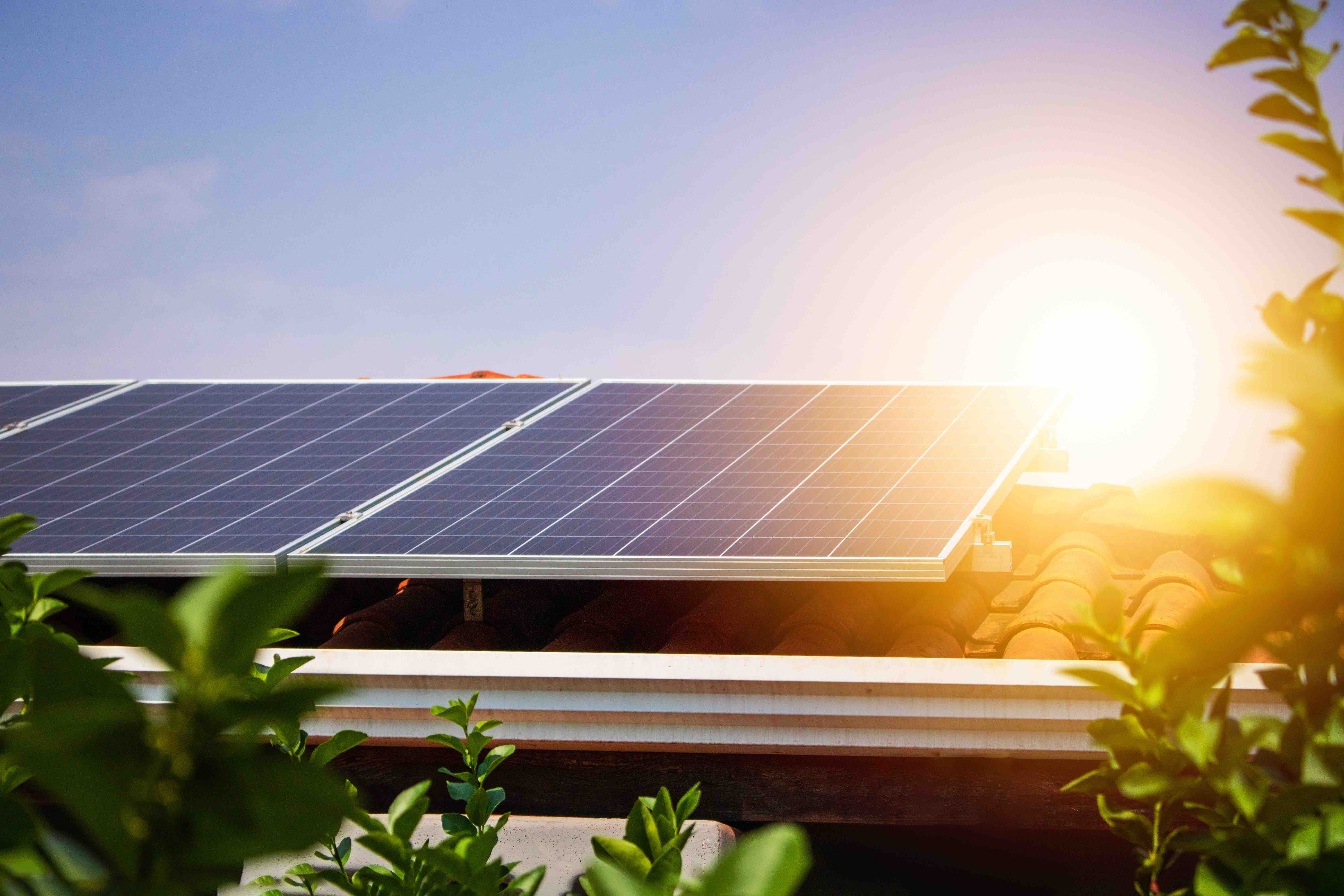
So is going solar worth it? That depends on the cost of utilities in your area, how much power your home requires, and how much power your solar system is able to generate. However, the cost of going solar, consisting of both solar panels and installation, has been significantly decreasing each year since 2009, and that decrease is expected to continue. Additionally, some utilities will compensate solar users for the solar energy sent back to the grid, so that is money you can earn back just from going solar. On top of that, you can purchase energy-efficient appliances for your solar home. This will help you save energy and therefore, decrease your need for a large solar system.
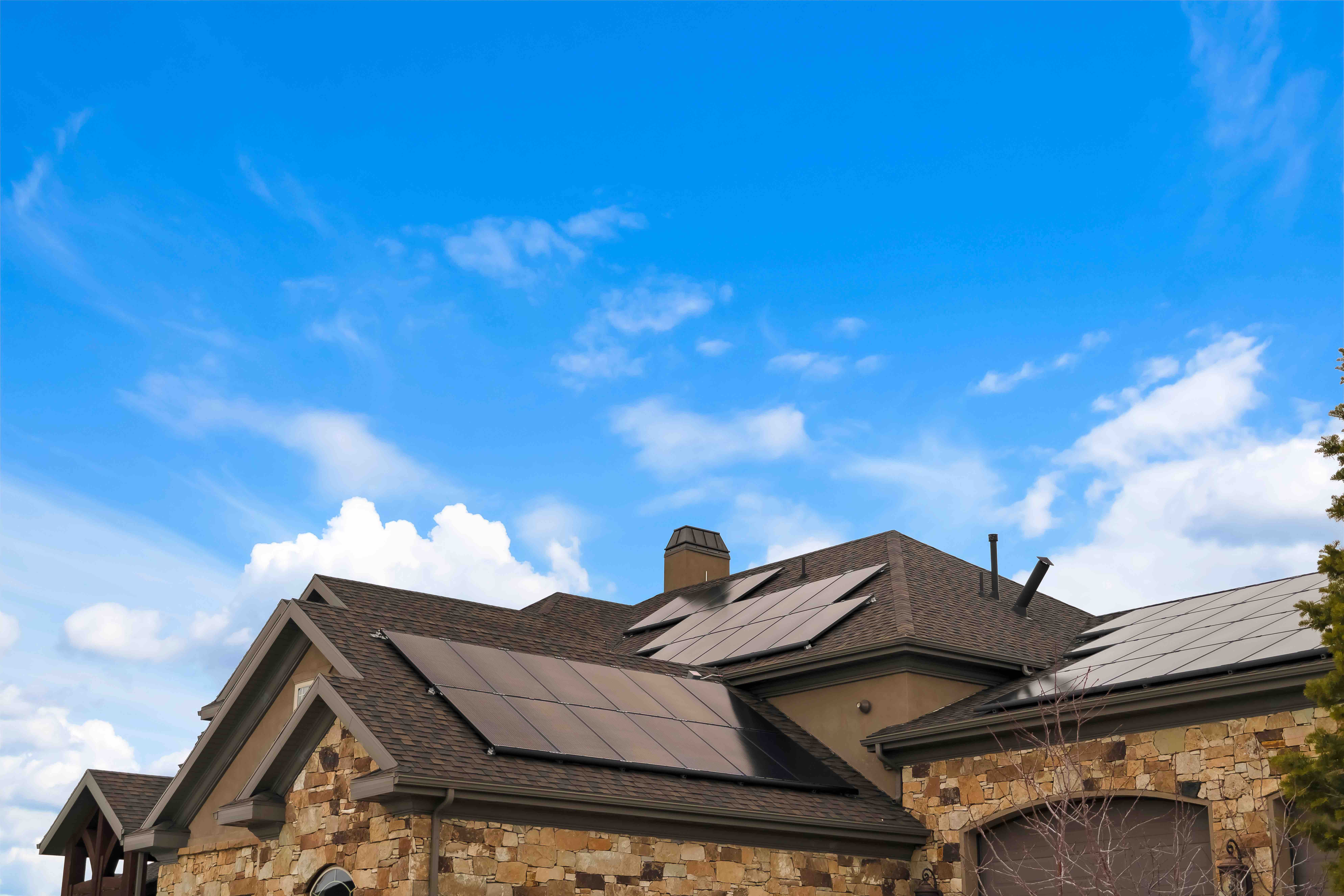
Solar also affects the resale value of your home. Because solar systems are treated as home improvements, it has been found that buyers will pay about fifteen thousand dollars extra for a home with a solar system of average size. And if you’re worried about what it might do to the appearance of your home, building-integrated photovoltaics (BIPV) can make it so that your solar panels blend in with its surroundings, like your roof.
Now that you know a little bit about what solar energy has to offer you, you can make an informed decision about whether or not you want to make the switch. There are so many benefits to going solar, but it is important to find out what is best for you and your home. Make sure you check the energy rates in your area and the amount of sunlight exposure your home receives to decide if going solar is right for you!